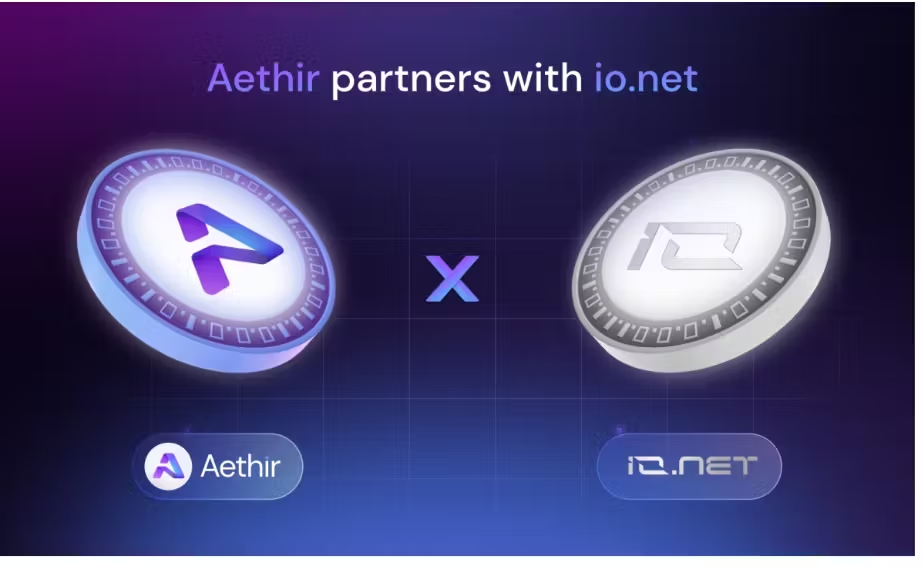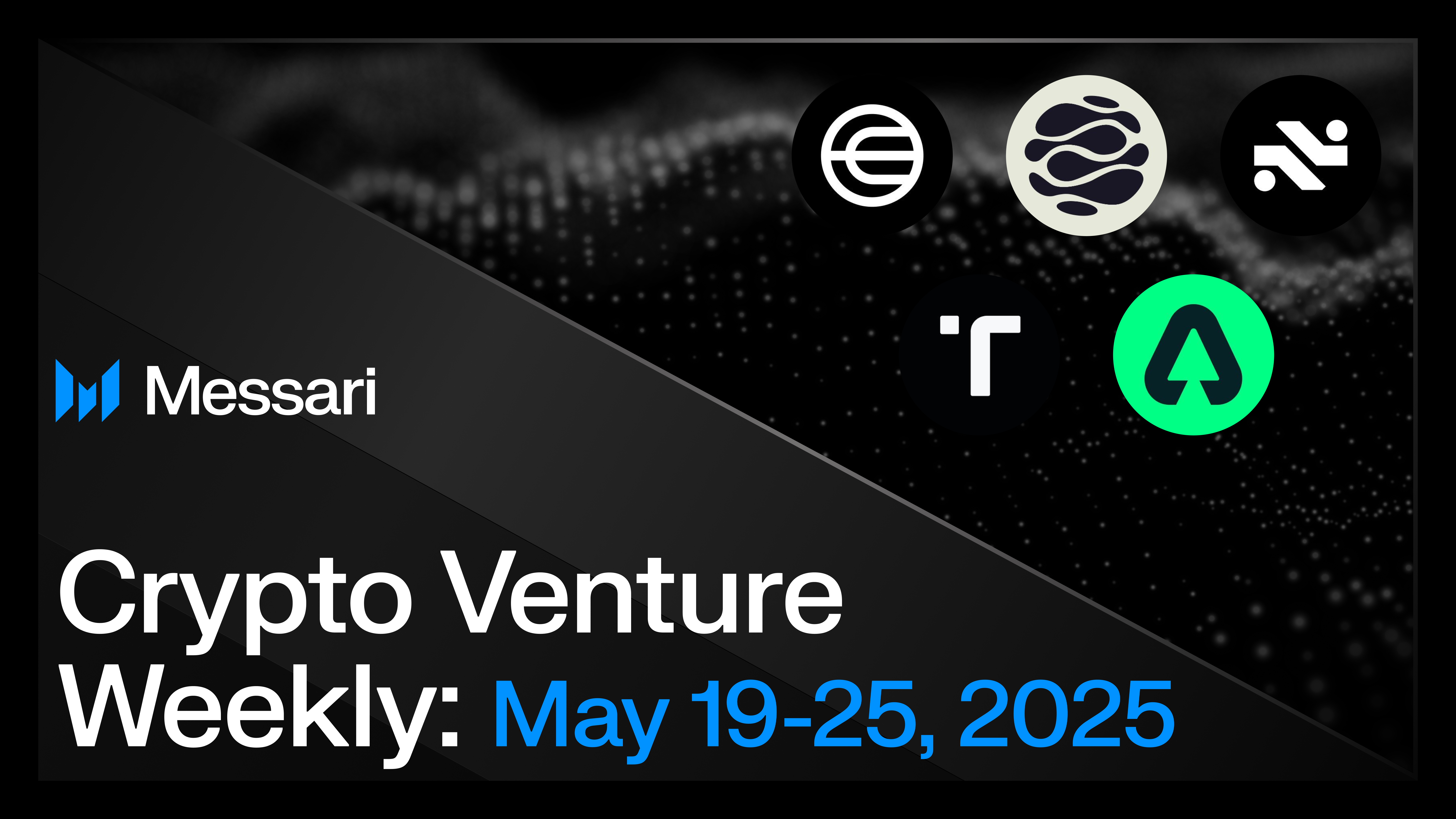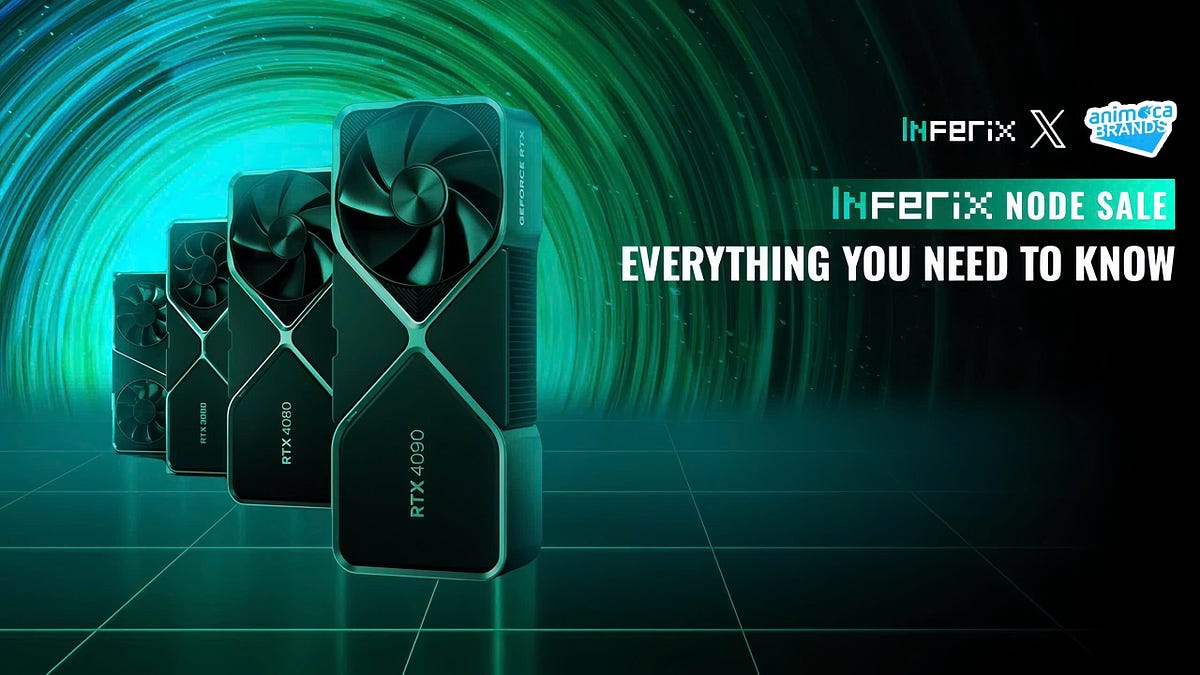io.net and Aethir Collaborate to Enhance Decentralized GPU Computing

In a significant move for the decentralized computing landscape, io.net and Aethir have announced a strategic collaboration aimed at enhancing GPU access and performance for applications in AI, machine learning, and gaming. By integrating io.net’s advanced virtualization technology with Aethir’s enterprise-grade distributed GPU cloud, the partnership seeks to create a robust, low-latency, and cost-effective solution tailored for GPU-intensive workloads. This collaboration comes at a time when the demand for GPU computing is surging, with projections indicating that the market could quadruple in size by 2030.
The alliance between io.net and Aethir is designed to provide a highly scalable and efficient solution to meet the growing global demand for GPU resources. io.net’s cutting-edge virtualization and orchestration capabilities will enable AI and machine learning engineers to deploy Ray and Kubernetes clusters seamlessly across a network of over 600,000 decentralized GPUs and CPUs. Meanwhile, Aethir’s distributed cloud infrastructure is set to deliver enterprise clients in the AI, machine learning, and gaming sectors with fast and scalable GPU cloud resources, leveraging a network of over 40,000 high-performance GPUs, including 3,000 NVIDIA H100s.
Under the terms of this collaboration, both companies will integrate their ecosystems to offer customers a seamless GPU computing experience across various workloads, including clustering and serverless inferencing. This reciprocal integration will allow io.net’s clustering solutions to be accessible on Aethir’s platform, providing enterprises with a diverse range of GPU-based computing options. Additionally, both companies plan to collaborate on marketing and community initiatives, further enhancing the overall ecosystem. As part of their partnership, an airdrop will distribute $50 million worth of tokens to community members of both platforms, marking a significant milestone in their joint mission to democratize high-performance compute access for all.
Related News





